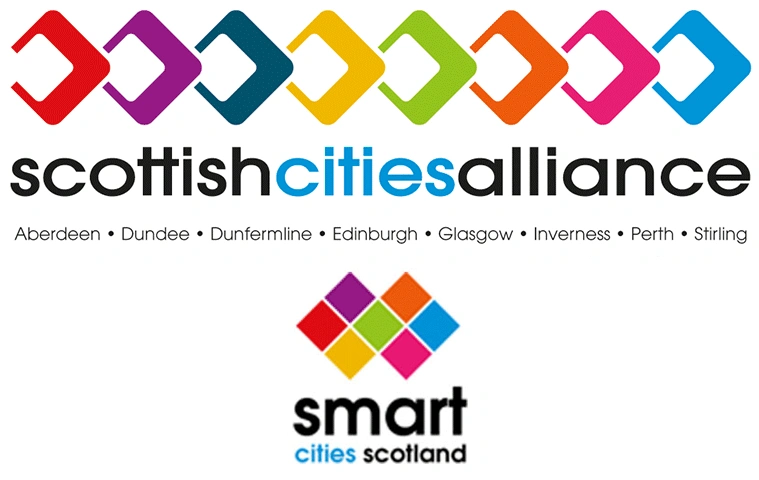Recognising the oppportunities for cities within a member state if they collabaorate to deliver their smart cities ambitions, 7 Scottish cities, 6 Finnish cities, 5 Danish cities, the Basque Country in Spain and Gdansk in Poland hosted a workshop to share their experience of working in partnership with each other and across their wider city regions on the Smart Cities Agenda. The workshop, attended by over 90 representatives from 23 nations from governments, cities, industry and academia, in particular focused on the experience of cities who had adopted an inter-city approach to progressing their Smart Ambitions in accessing funding mechanisms to deliver their collaborative programme.

The 6 Finnish cities were the most advanced in terms of accessing EU funding to progress a collaborative programme of smart cities activity using an integrated territorial initiative and ERDF. This has enabled them to create a joint operating model for urban development worth €80m which will hopefully outlive the available EU funding.
The Scottish Cities used the workshop to profile their Smart Cities Scotland Blueprint detailing the focus of the Smart Cities Scotland collaborative programme as well as share their experience of developing co-designed smart cities projects across the Scottish cities as part of their £10m “Scotland’s 8th City – the Smart City” ERDF programme.
The Danish cities haven’t really focused on EU funding to progress smart cities actvity and have instead have focused their efforts on working with public/private partnerships to access a potential 1.5m kroner.
The Basque country has a holistic vision and strategic vision in the field of smart cities for the region with partnership working focused on learning from other cities through lighthouse programmes.
Gdansk presented on the intelligent transportation system “Tristar” on which it partnered with the neighbouring cities of Sopot and Gdynia to improve the efficiency of already existing road infrastructure.

Lessons learned:-
1. To enable cities to collaborate and co-design smart cities projects using EU funding, EU funding frameworks need to be more flexible and elastic.
2. Funding calls for smart cities at present tend to be tailored to applications from single cities and their region. There is perhaps an opportunity to inspire more cities to collaborate, share resources, create economies of scale and share learning and experience with each other in the process, if funding calls were tailored to inter-city networks.
3. The size of funding is key. The Finnish cities used ERDF to create a much bigger funding pot than the Scottish cities but the administration/resource demands placed on cities to access the funding suggest that there may be an optimum funding level at which it is advantageous for an inter-city network to use ERDF. There was a feeling that smaller funding pots, with less regulation may allow inter-city networks to access funding more easily for pilot projects. Open calls with smaller calls within the framework would make smaller projects more feasible creating an innovative environment for inter-city networks to experiment with smart solutions.
Please click here to see a Storify of the workshop discussion
Please click here to access the workshop presentations
Please click here to access the report published in the European Week of Regions and Cities 2016 Proceedings report
